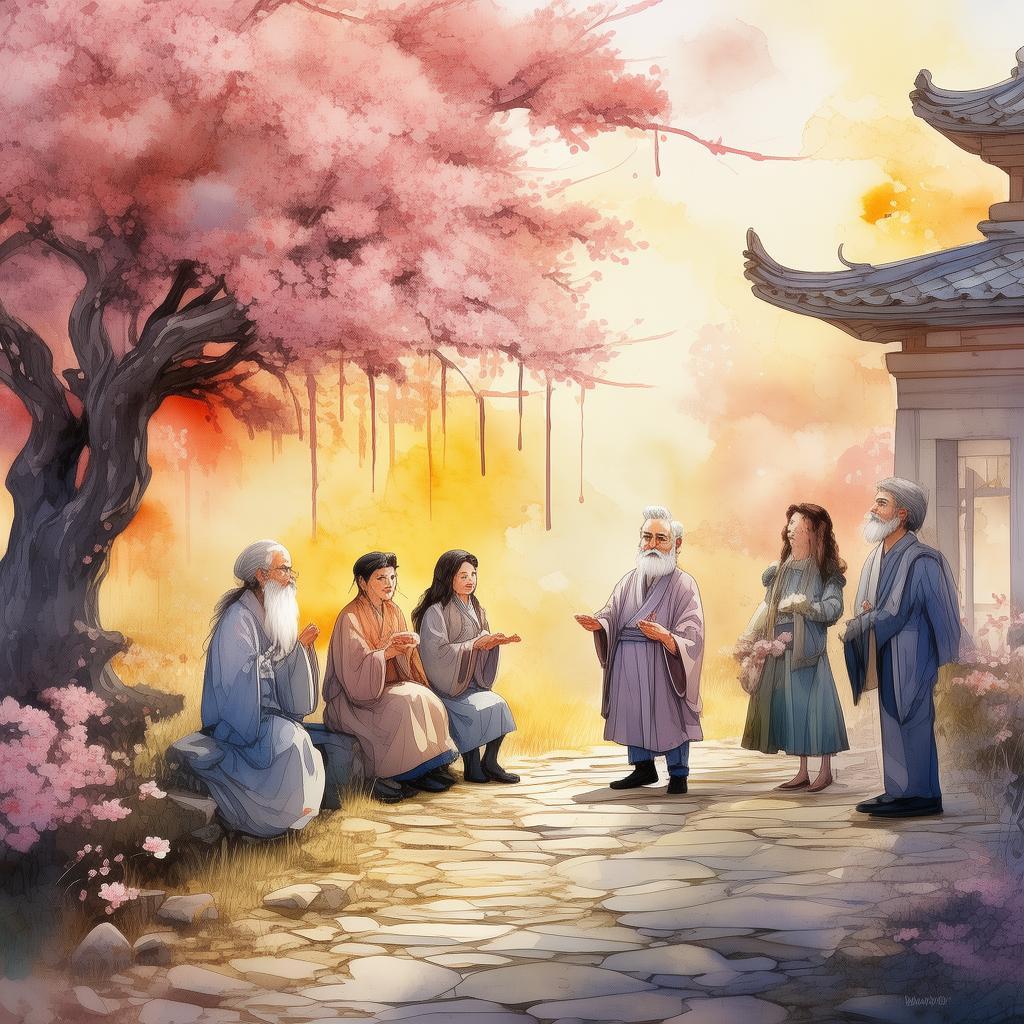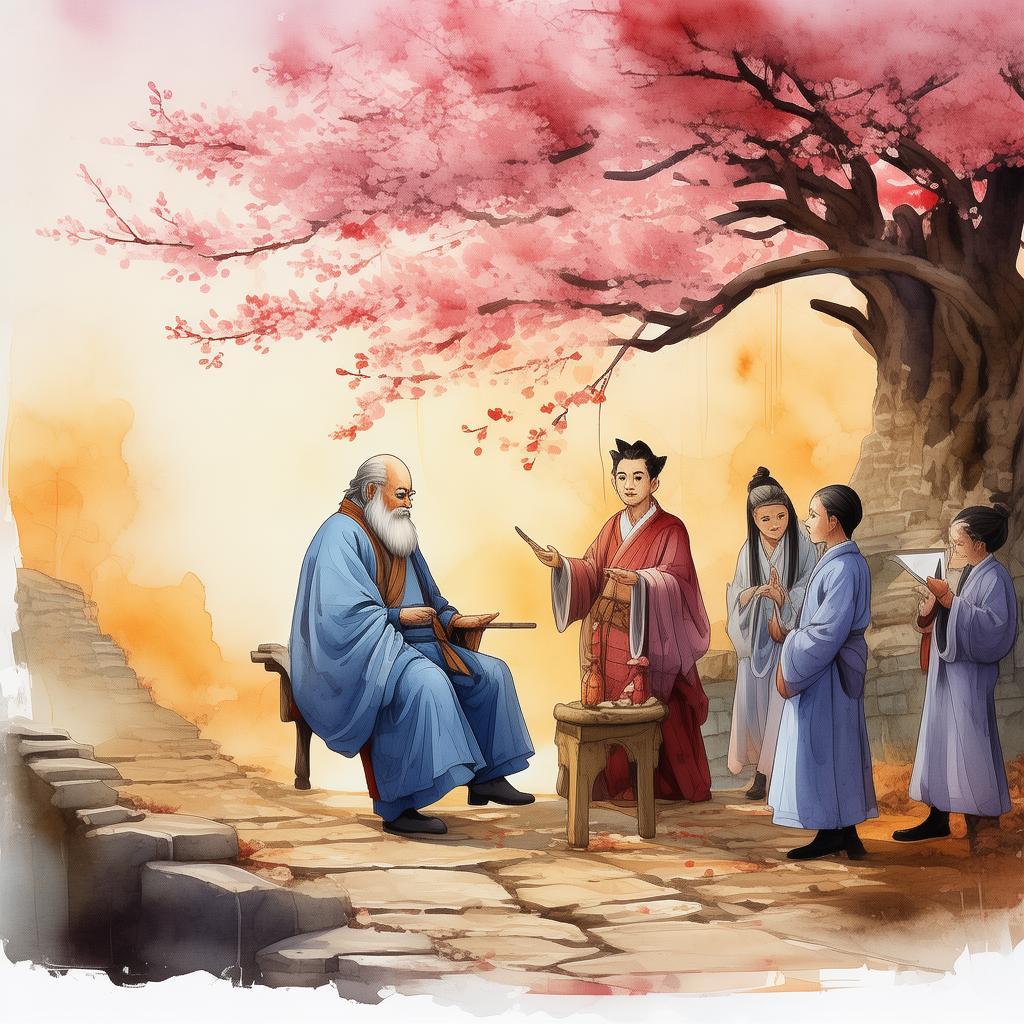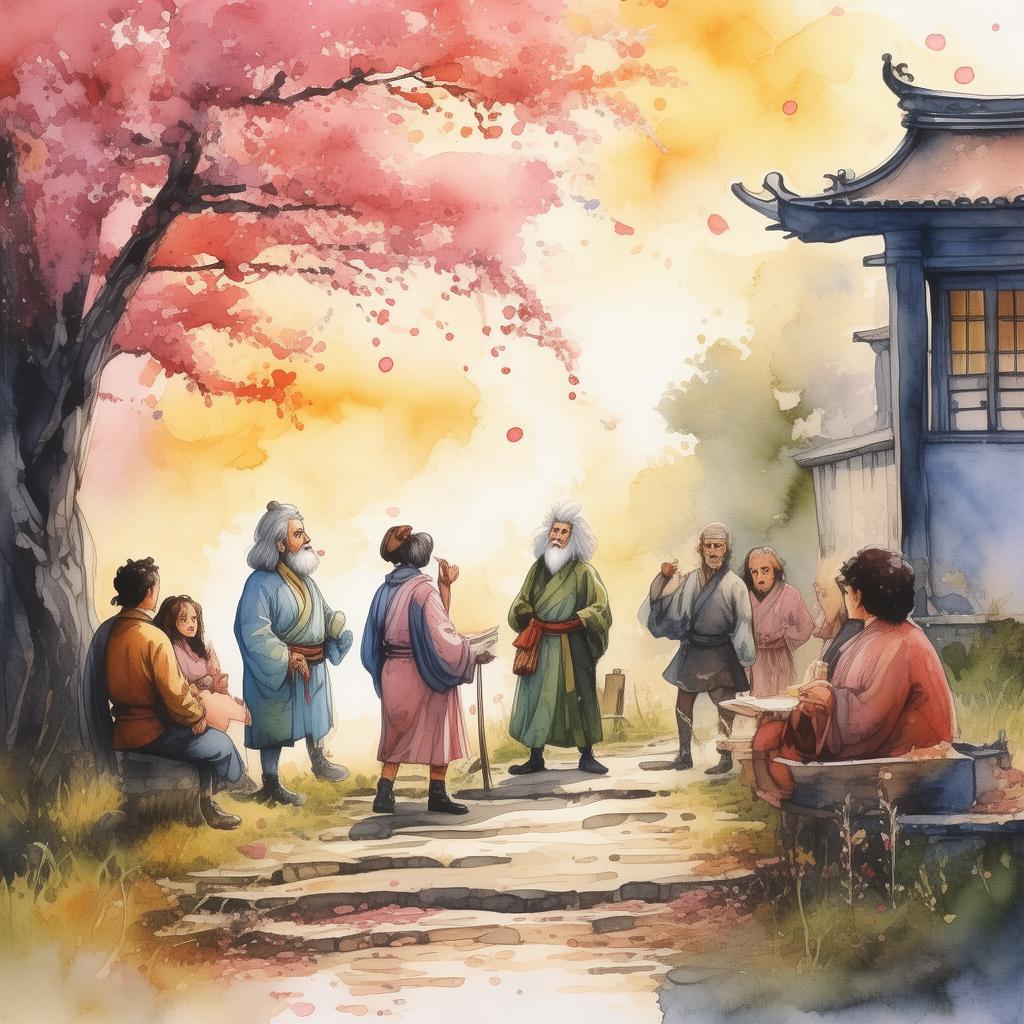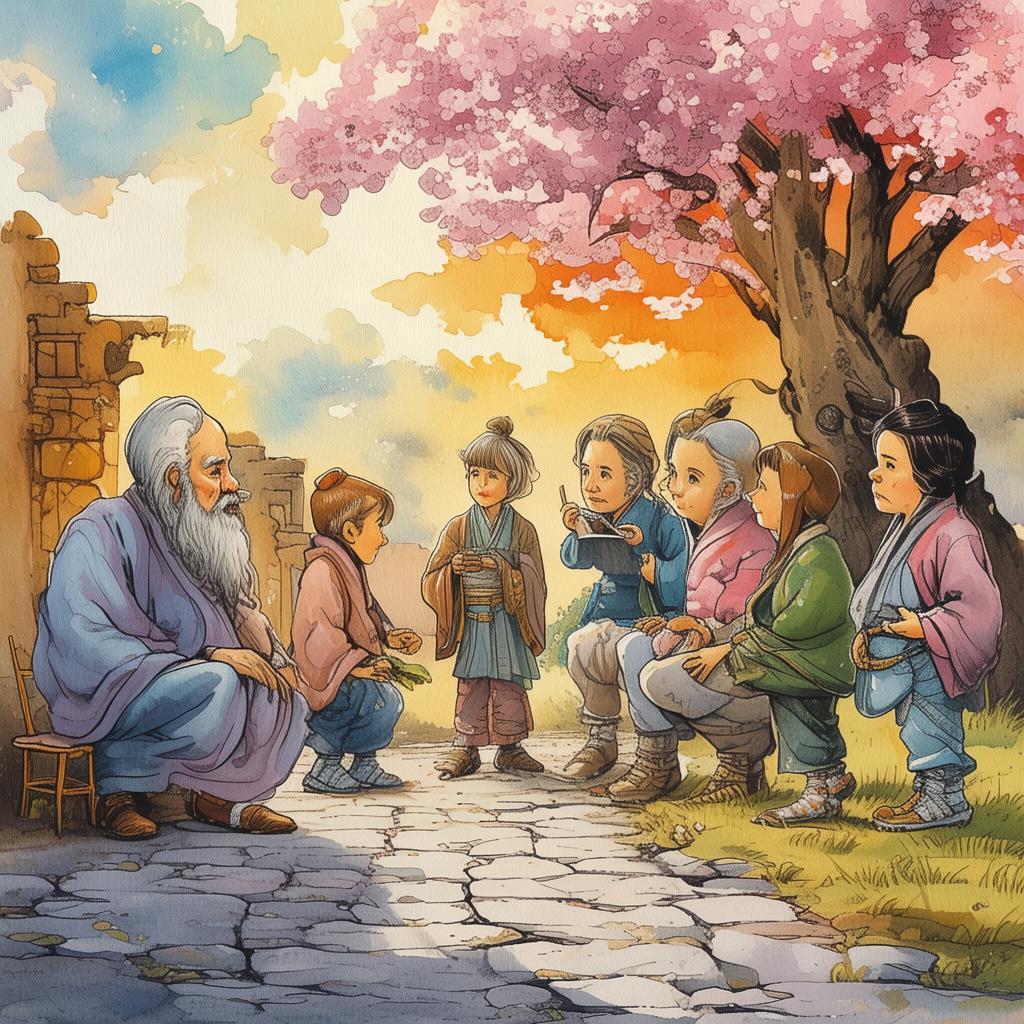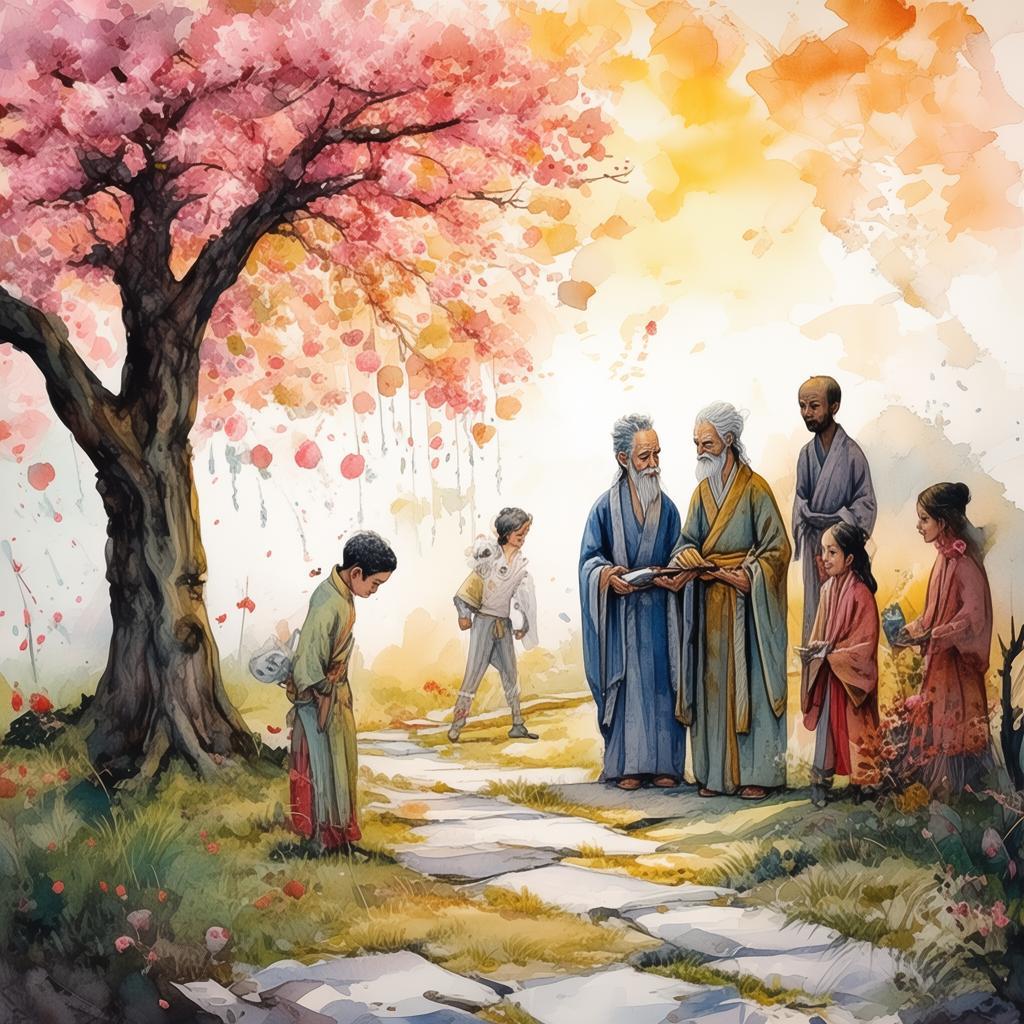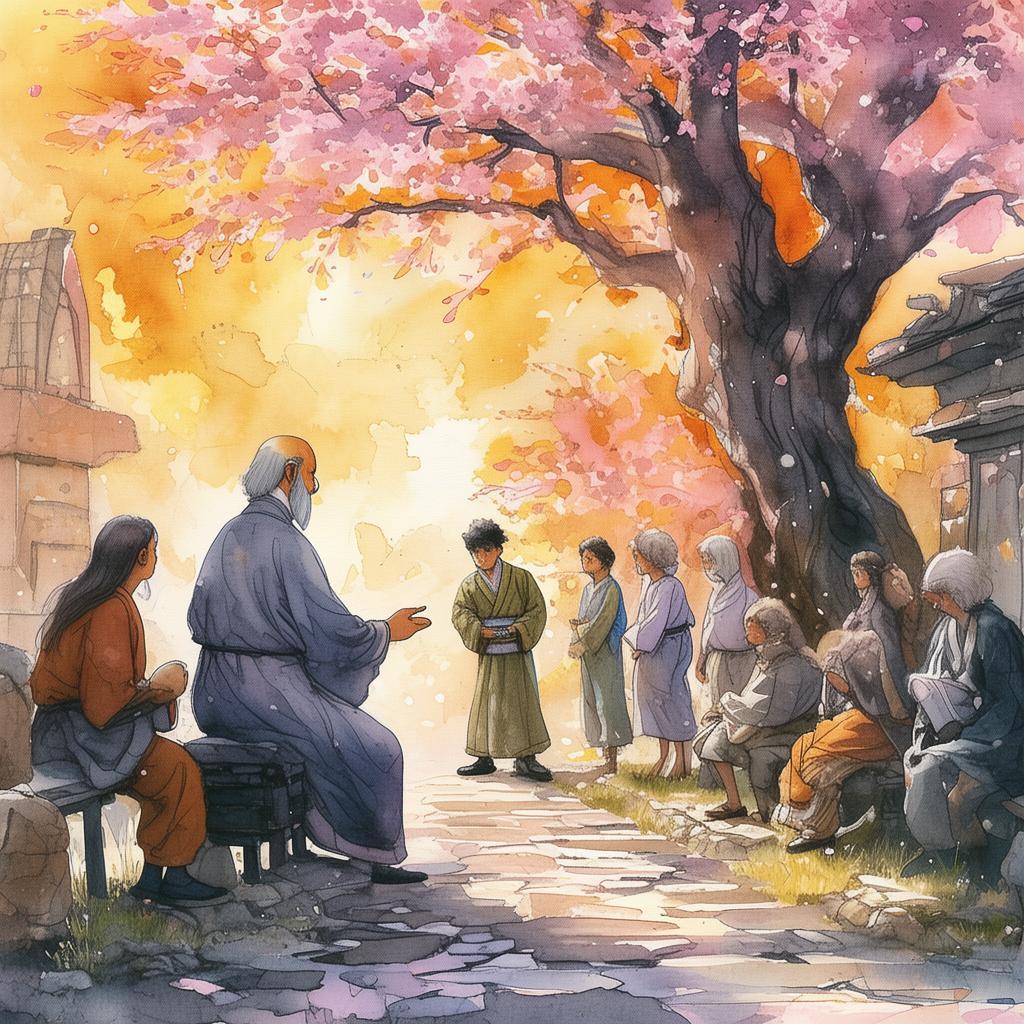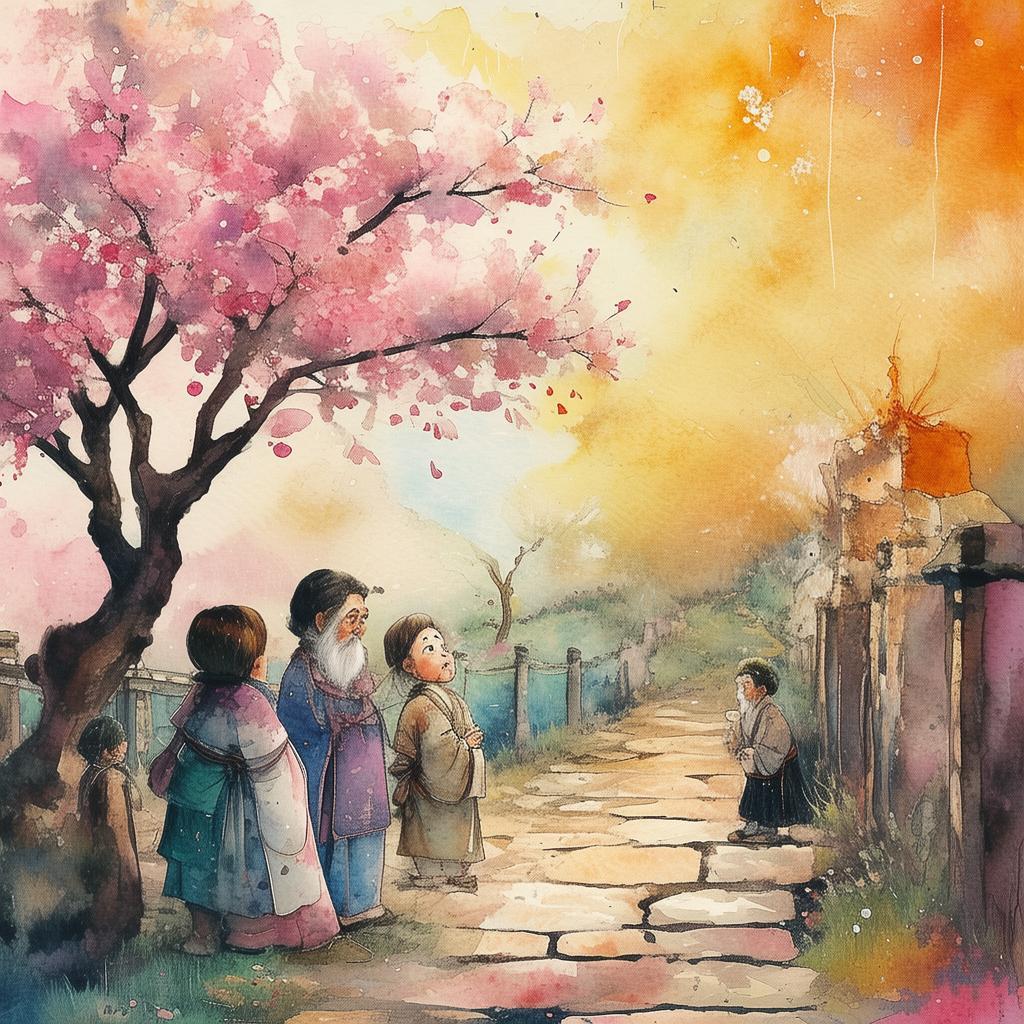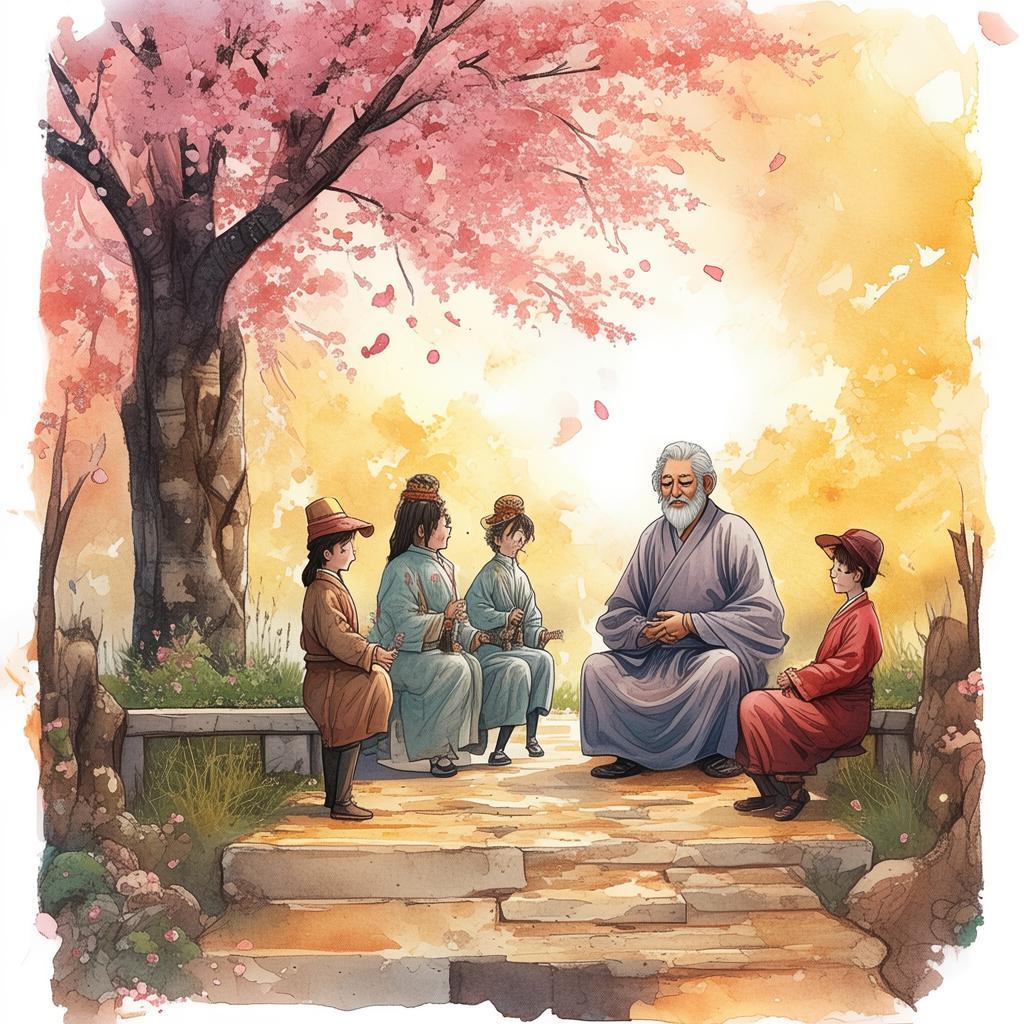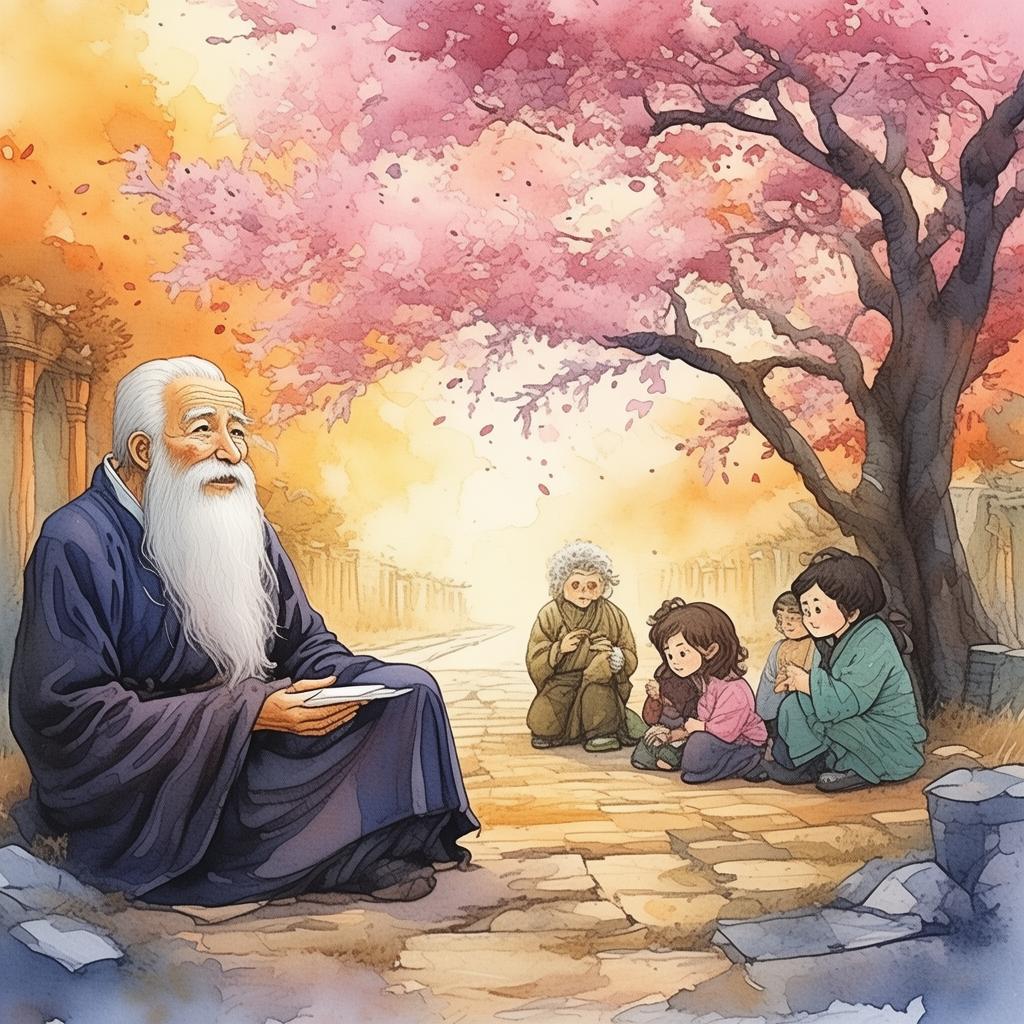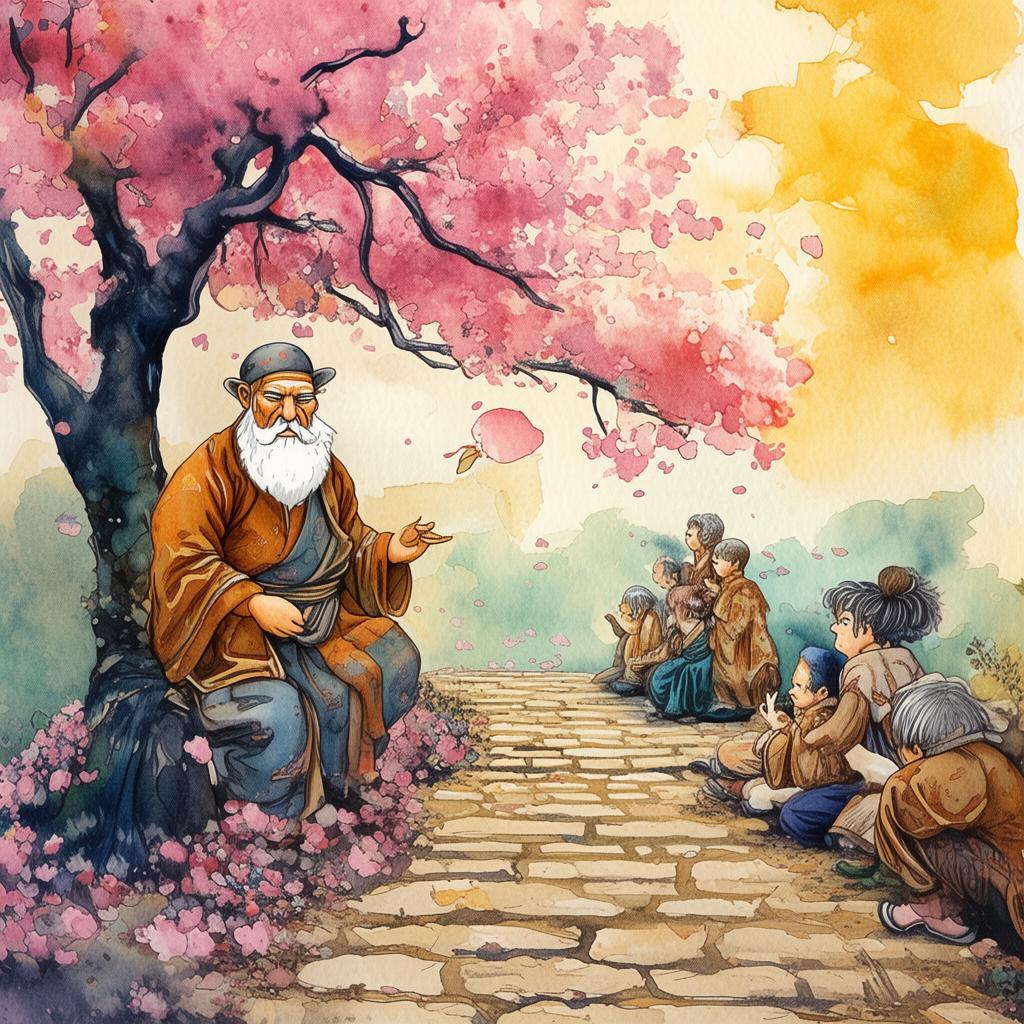The Illusion of Academic Excellence: A Scholar's Quest for the Real Guangdong
In the bustling heart of Guangdong, a province renowned for its economic prowess and vibrant culture, there lived a young scholar named Li. His name was whispered in hushed tones among the academic circles, for he was on the cusp of becoming a prodigy. Li had dedicated his life to the pursuit of knowledge, believing that through education, he could transcend the ordinary and reach the pinnacle of success.
Li's journey began in a prestigious university in Guangdong, where he was immersed in a sea of academic rigor and cultural richness. The university was a beacon of excellence, attracting scholars from all over the world. It was here that Li first encountered the "Guangdong Delusion," an illusion that painted the province as a utopia of education and opportunity.
The Guangdong Delusion was a siren song that promised a life of endless possibilities to Li and his fellow scholars. They were told that Guangdong was the cradle of innovation, a place where dreams were made and reality was rewritten. Li, like many before him, was captivated by this illusion and decided to dedicate his life to studying and understanding Guangdong's secrets.
Li's first encounter with the delusion was during a lecture on Guangdong's economic miracle. The professor, a revered figure in the academic community, spoke passionately about the province's rapid development, its bustling cities, and its thriving industries. Li listened intently, his heart swelling with pride and anticipation. He believed that this was where he belonged, and he was determined to make a name for himself.
As Li delved deeper into his studies, he encountered more and more instances of the Guangdong Delusion. The university's faculty was renowned for their expertise, and Li's research was often published in prestigious journals. He felt like he was on the fast track to becoming a leader in his field.
However, as time went on, Li began to notice inconsistencies in the stories he had been told. He read about Guangdong's rapid economic growth but saw the stark contrast between the wealthy and the poor. He learned about the province's innovative spirit but witnessed the environmental degradation that came with it. The illusion began to crack, and Li felt a growing sense of unease.
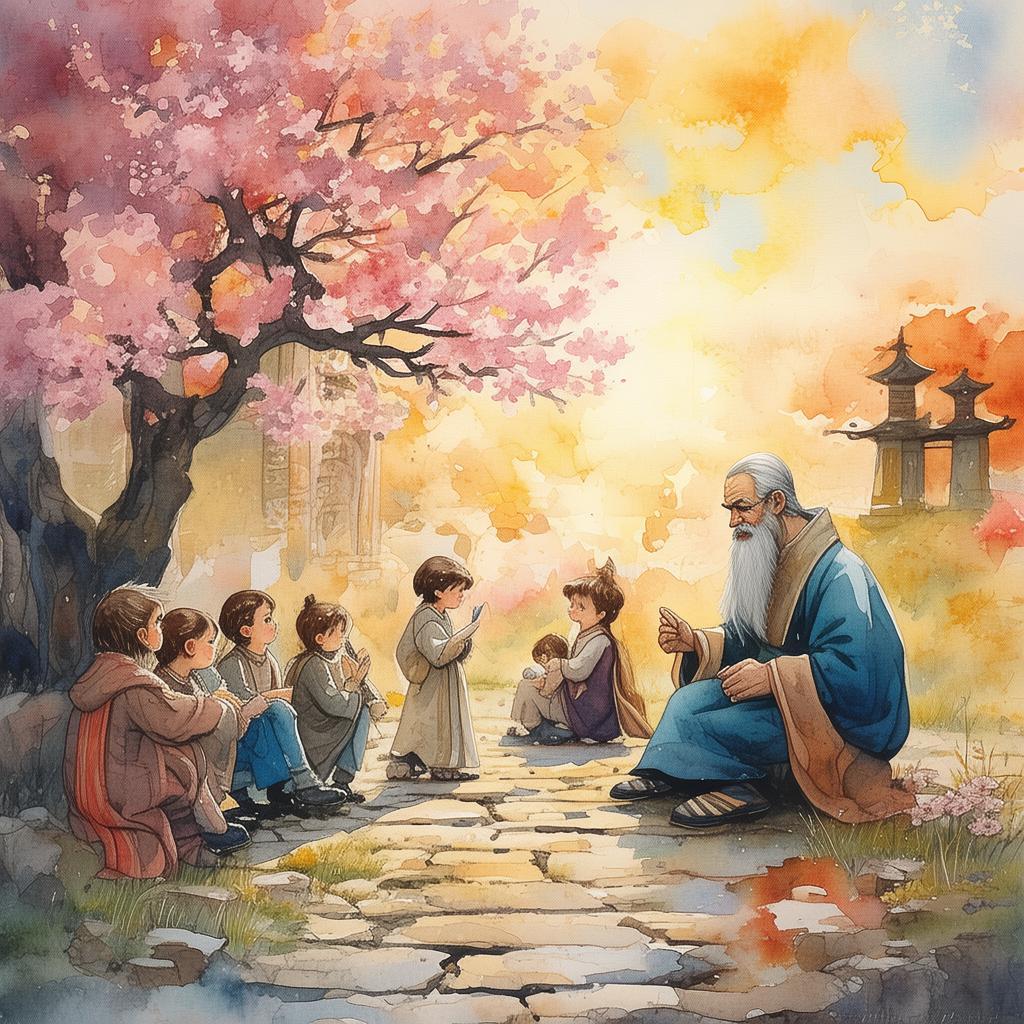
One day, Li decided to take a break from his studies and travel to the rural areas of Guangdong. He wanted to see for himself the real Guangdong, beyond the sanitized narratives he had been fed. As he traveled through the province, he encountered people who were struggling to make ends meet, children who lacked access to education, and landscapes that were being destroyed by industrial development.
Li's heart was heavy as he listened to the stories of the villagers. He heard about the lack of clean water, the health problems caused by pollution, and the despair that came with living in a world that seemed to have forgotten them. These encounters shattered the illusion he had been living under, and Li realized that the Guangdong Delusion was a facade, a myth that masked the true struggles of the people.
Determined to make a difference, Li returned to the university and began to research the root causes of the Guangdong Delusion. He discovered that the illusion was perpetuated by a combination of political expediency, media bias, and the desire for economic growth at any cost. Li's research exposed the dark side of Guangdong's development, and he became a vocal critic of the province's policies.
As Li's voice grew louder, he faced criticism and backlash from the academic community and the government. Some accused him of being a traitor to Guangdong's progress, while others saw him as a beacon of truth in a world of lies. Despite the pressure, Li remained steadfast in his mission to expose the Guangdong Delusion and to advocate for genuine development that would benefit all members of society.
In the end, Li's journey became a testament to the power of truth and the importance of critical thinking. He realized that the pursuit of knowledge was not just about academic success but about understanding the world and using that knowledge to make a positive impact. The Guangdong Delusion had been a valuable lesson, teaching him that reality was often more complex and challenging than the stories we tell ourselves.
As Li continued his work, he knew that the battle against the Guangdong Delusion was far from over. But he also knew that every voice raised against the illusion was a step towards a more honest and just society. And so, with a renewed sense of purpose, Li set out to continue his quest for the real Guangdong, determined to uncover the truth and to help others see beyond the illusion.
✨ Original Statement ✨
All articles published on this website (including but not limited to text, images, videos, and other content) are original or authorized for reposting and are protected by relevant laws. Without the explicit written permission of this website, no individual or organization may copy, modify, repost, or use the content for commercial purposes.
If you need to quote or cooperate, please contact this site for authorization. We reserve the right to pursue legal responsibility for any unauthorized use.
Hereby declared.
